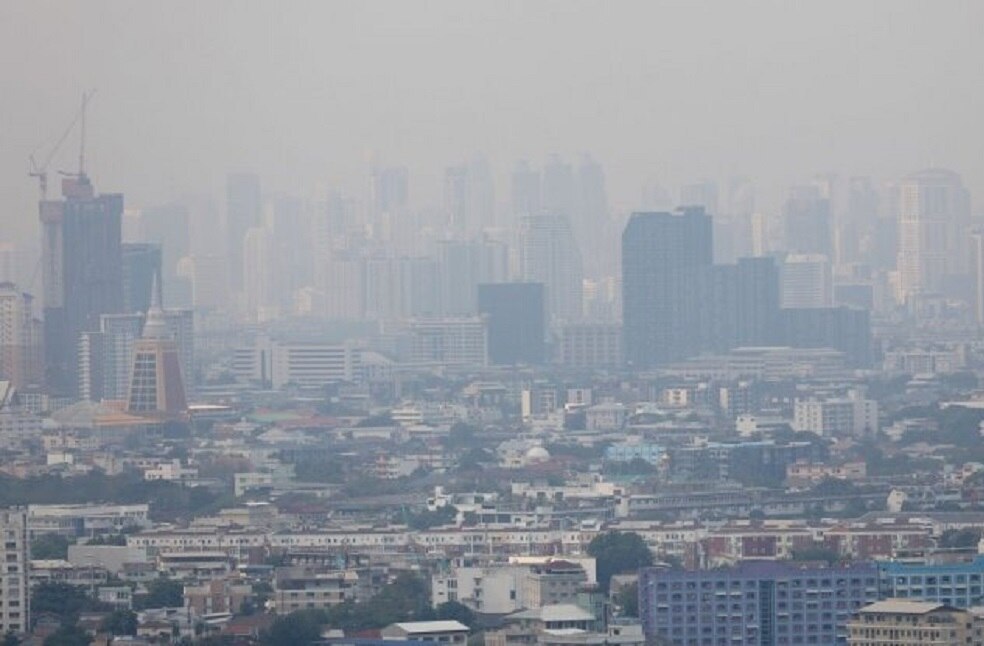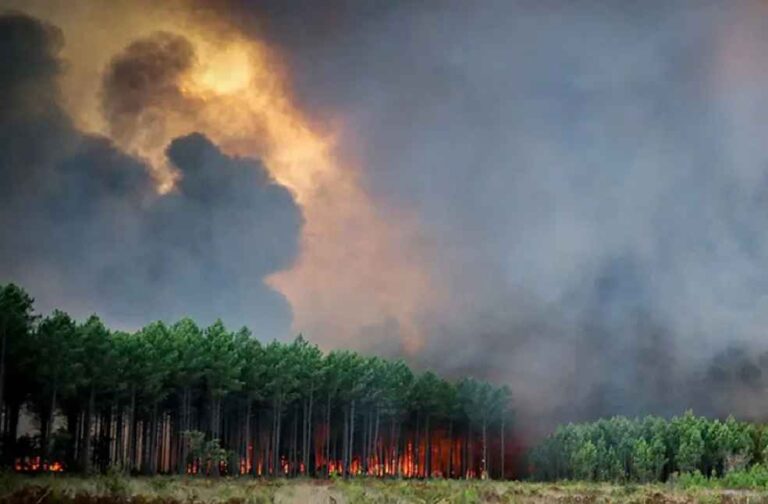Canada: Intense wildfires ravaging Canada have prompted warnings of hazardous air quality for tens of millions of people in North America. Smoke from the fires has engulfed large areas of Ontario and Quebec, casting an orange haze over the northeastern United States.
Cities like Toronto and New York experienced some of the world’s worst air quality overnight. Quebec alone is currently battling 160 wildfires, leading officials to predict that the country is headed for its most severe wildfire season on record.
Warmer and drier spring conditions have been identified as the main contributing factors. Environment Canada issued its highest air quality alert for Ottawa, while Toronto and its surroundings were classified as “high risk.” The US Environmental Protection Agency also declared air quality in much of the northeast as “unhealthy.”

Climate & Clean Air Coalition
The deteriorating air quality poses immediate and long-term health risks, prompting public health officials to advise against outdoor exercise and urge minimal exposure to the smoke
. The Atikamekw community of Opitciwan in Quebec has even relocated individuals with respiratory issues due to the smoke. The wildfires have already consumed over 3.3 million hectares of land across Canada, with evacuations taking place nationwide. Major fires have been reported in British Columbia, Alberta, Ontario, Nova Scotia, and the Northwest Territories.
Climate change plays a significant role in exacerbating the hot, dry weather conditions conducive to wildfires. To mitigate the impacts of climate change, global governments must take substantial measures to reduce emissions and curb temperature rise.



